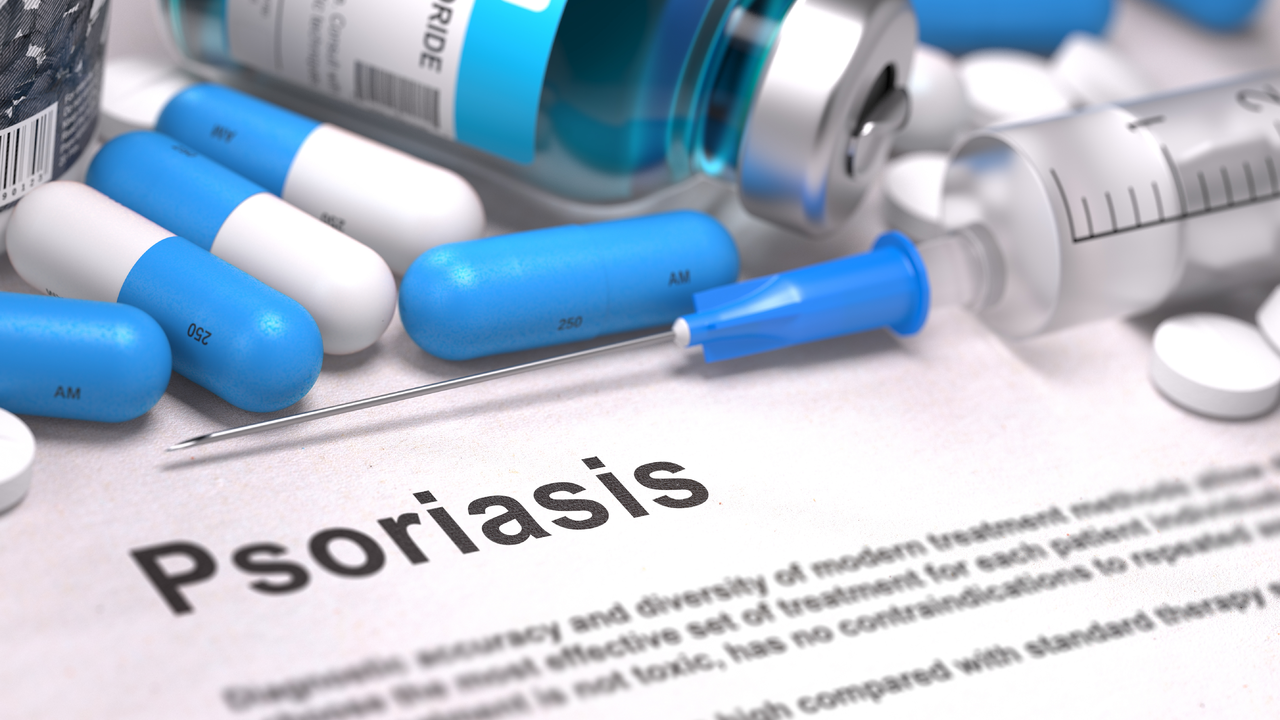Understanding Multidrug-Resistant Infections
Multidrug-resistant infections happen when bacteria or other microbes survive treatments that usually kill them. This makes antibiotics or other medicines less effective, creating big problems in treating infections. You’ve probably heard about 'superbugs'—these are germs that don’t respond to many drugs anymore. When these infections occur, doctors often have fewer choices and treatments can be tougher.
Because these resistant germs can spread from person to person or through contaminated surfaces, it’s important to practice good hygiene like washing your hands regularly. Overusing antibiotics—taking them when not needed or not finishing a course—can help these germs become stronger. That’s why doctors stress using antibiotics wisely.
How Do These Infections Develop?
Microbes can naturally mutate or gather resistance genes that help them dodge medicines. This happens more often when antibiotics kill the weaker bacteria but leave the strongest ones behind. Hospitals sometimes face challenges with these tough infections because of the close quarters and many sick patients, which increase transmission risk.
Common multidrug-resistant bacteria include MRSA (Methicillin-resistant Staphylococcus aureus), resistant strains of E. coli, and others that cause serious urinary, lung, or bloodstream infections. Each of these can require specialized treatments that may not be as effective or may cause more side effects.
What Can You Do About It?
First off, always follow your healthcare provider’s instructions when taking antibiotics. Never use leftovers or someone else’s meds. Prevent infections in the first place by keeping wounds clean and avoiding unnecessary hospital visits. Vaccines can also help reduce infections that might otherwise need antibiotics.
Researchers are working hard to find new drugs and strategies, but your role is key—being cautious with antibiotic use slows resistance. If you get sick, ask your doctor if the infection might be drug-resistant and discuss the best treatment options.
Multidrug-resistant infections are a growing concern, but with smart antibiotic use and good hygiene, we can all help keep these infections in check and protect ourselves and communities.
Fosfomycin: A Promising Treatment for Multidrug-Resistant Infections
In my latest exploration of medical advancements, I've come across something truly promising - Fosfomycin, a potential game-changer in treating multidrug-resistant infections. It's a unique antibiotic that's been around for decades but is gaining new attention due to its effectiveness against stubborn bacteria. The real draw here is that it's showing great success in combating infections that other drugs simply can't touch. It's not a magic bullet, but it's certainly a beacon of hope in what can often feel like a losing battle against drug resistance. I'm eager to follow the progress of Fosfomycin as it continues to make waves in the medical field.
